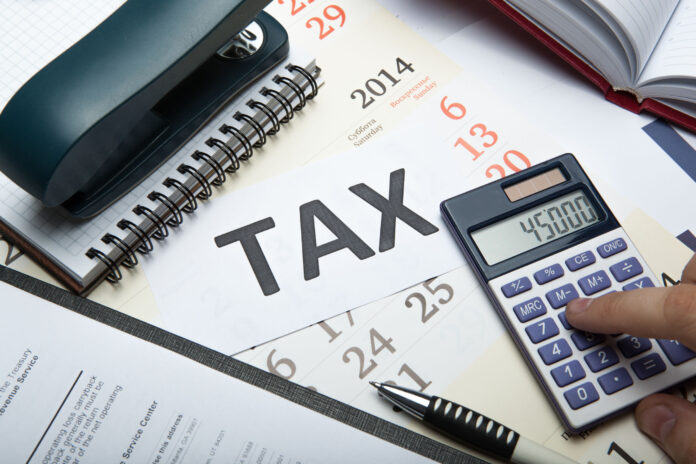Listeners:
Top listeners:
-
play_arrow
104.9FM Best rock music demo
-
play_arrow
Demo Radio Nr.1 For New Music And All The Hits!
-
play_arrow
Demo Radio Techno Top Music Radio
-
 play_arrow
play_arrow
Police Commissioner Launches Weapon and Riot Control Training for FCT Officers Democracy Radio

By Oluwakemi Kindness

From January 1, 2026, Nigerian taxpayers will have a new avenue to resolve disputes as the Federal Government launches the Office of the Tax Ombud (OTO), a key feature of President Bola Tinubu’s ongoing tax reforms.
Established under the Joint Revenue Board of Nigeria (Establishment) Act, 2025, the Ombud will serve as a free, independent, and non-judicial platform for addressing complaints between taxpayers and tax authorities.
According to the Act, the OTO will protect taxpayers from abuse, delays, and administrative misconduct, while ensuring fair and transparent treatment in tax-related matters.
The initiative is expected to reduce costly legal disputes, promote voluntary compliance, and boost public trust in Nigeria’s revenue system. It also aims to enhance accountability and integrity among tax officials.

Under Section 41, the Ombud is empowered to investigate complaints, review tax officials’ actions, inspect premises, summon individuals, and initiate legal proceedings on behalf of taxpayers.
However, Section 43 limits its role, preventing it from determining tax liabilities or reviewing ongoing court cases.
At a recent Taxpayer Webinar Series (TWS) organised by the Federal Inland Revenue Service (FIRS), experts described the move as a milestone in Nigeria’s tax administration.
Acting Director, Tax Policy and Advisory Department, Bolanle Azeez, said the Ombud “balances the relationship between citizens and relevant agencies,” adding that it will promote fairness, transparency, and accountability.
Similarly, Head of Fiscal and Tax Reforms Implementation Division, Olufemi Olarinde, noted that the model aligns Nigeria with global best practices, citing Sweden as the first to adopt such an office in 1809.
He said the Ombud will “strengthen taxpayer confidence, improve compliance, and drive sustainable revenue growth.”

FIRS Coordinating Director, Dr. Dick Irri, added: “In African tradition, we say you cannot beat a child and not expect the child to cry. With the Tax Ombud, taxpayers now have a channel to cry out without always going to court.”
Also speaking, Coordinating Director, Special Duties Group, Tamadi Shettima, described the initiative as “noble,” while Director of Taxpayer Services, Lovette Ononuga, said it reflects Tinubu’s Renewed Hope Agenda, which prioritises fairness, inclusiveness, and accountability.
The Office of the Tax Ombud is among four key tax legislations signed into law in 2025, alongside the Nigeria Revenue Service Act.
Others are the Nigeria Tax Administration Act, and the Nigeria Tax Act, all aimed at strengthening Nigeria’s fiscal system and taxpayer confidence.
Written by: Democracy Radio
#DemocracyRadio #FIRS #Tax #Zach Adedeji Nigeria
Similar posts
Copyright Democracy Radio -2024


